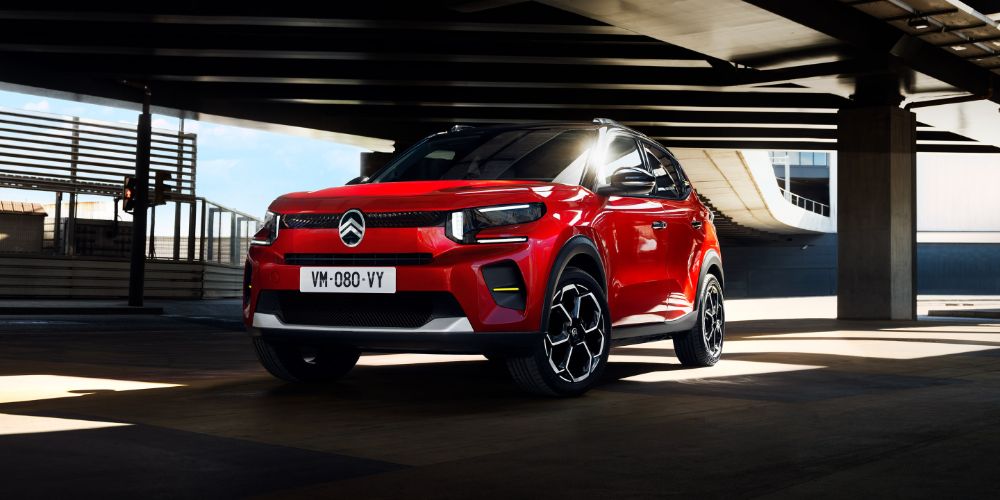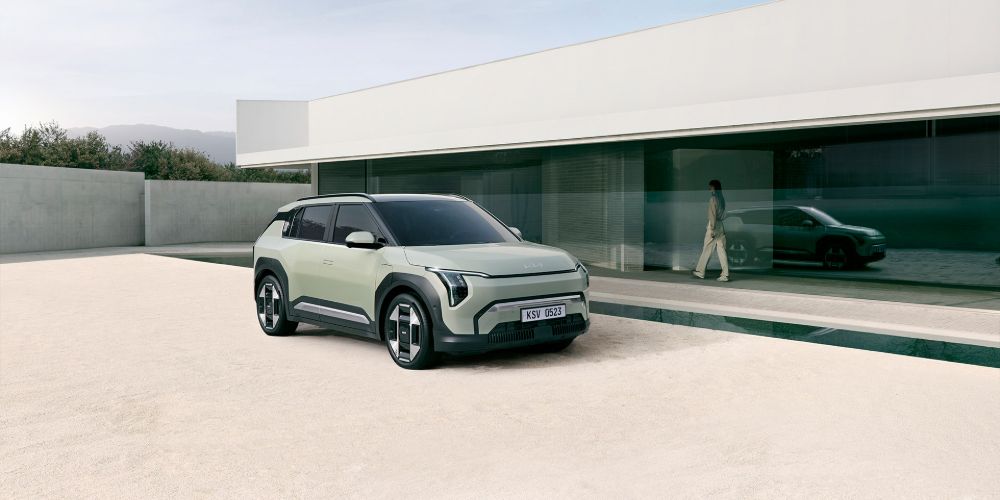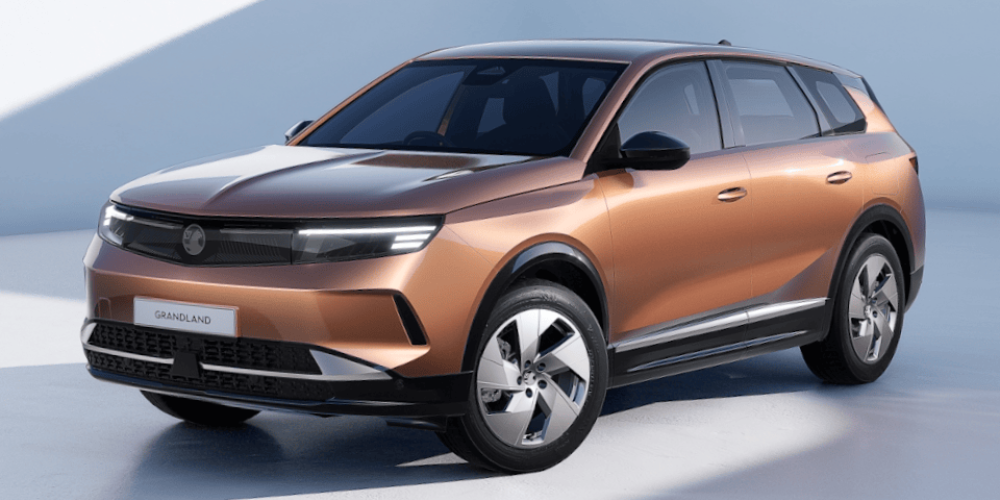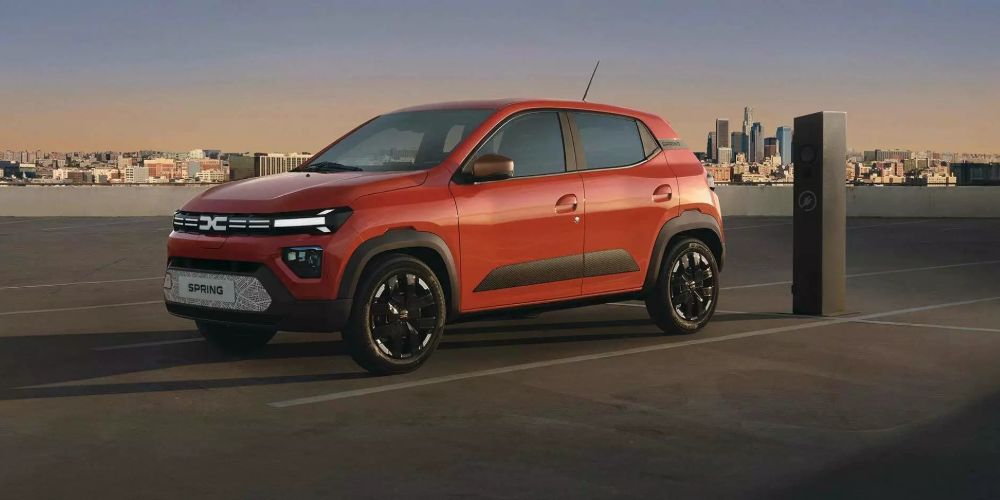The UK government has just launched an exciting new initiative that could revolutionise electric vehicle ownership for thousands of drivers. The Electric Car Grant, backed by a substantial £650 million funding package, represents the government’s strongest commitment yet to accelerating the transition to zero-emission vehicles.
What Is the Electric Car Grant?
The Electric Car Grant is a comprehensive financial incentive scheme designed to make electric vehicles more accessible to everyday drivers.
The grant offers discounts of either £1,500 or £3,750 on new zero-emission cars priced at or under £37,000, instantly making electric driving more affordable for a broader range of consumers.
This isn’t just about upfront savings either. The grant unlocks potential additional savings of up to £1,500 annually in running costs compared to traditional petrol or diesel vehicles, making the total cost of ownership significantly more attractive.
How Does the Grant Work?
The scheme operates on a two-tier system based on environmental sustainability standards:
- Band One (£3,750 discount): Reserved for the most sustainably produced vehicles that meet the highest environmental criteria.
- Band Two (£1,500 discount): Available for vehicles that meet basic environmental standards.
How Do Vehicles Qualify?
The key requirement is that manufacturers must hold verified Science-Based Targets for carbon emissions reduction. This ensures that the grant supports not just zero-emission driving, but also sustainable manufacturing practices throughout the vehicle’s lifecycle.
To qualify, vehicles must meet several criteria including:
- Zero tailpipe emissions
- Minimum 100-mile WLTP range
- Battery warranty covering at least 70% usable capacity for eight years or 100,000 miles
- List price of £37,000 or less
When Is The Grant Available?
The grant became available from July 16, 2025, with funding secured through to the 2028-2029 financial year. Car manufacturers can now apply for vehicle eligibility, and once approved, they’ll automatically apply the discount to qualifying vehicles – meaning no additional paperwork for customers.
Top Electric Vehicle Picks Under £37k
With 50 electric vehicles from 27 brands currently priced under the £37,000 threshold, there’s never been more choice for grant-eligible EVs. Here are some standout options that could become even more compelling with the grant:
Renault 5 – £22,995 (Potentially £19,245 with Band One grant)
The Renault 5 combines retro charm with cutting-edge technology. This stylish five-door hatchback offers up to 250 miles of range in higher specifications, making it perfect for both city driving and longer journeys. Even the base model includes LED lighting, climate control, and cruise control.

Citroen E-C3 – £22,095 (Potentially £18,345 with Band One grant)
This compact crossover delivers exceptional comfort thanks to its Advanced Comfort seats and suspension system. With up to 199 miles of range from its 44kWh battery, it’s ideal for drivers wanting crossover practicality without the premium price tag.

Kia EV3 – £33,005 (Potentially £29,255 with Band One grant)
Kia’s smallest SUV punches well above its weight in terms of space and refinement. The EV3 offers impressive range options, with the larger battery delivering up to 376 miles – perfect for drivers who want to eliminate range anxiety entirely.

Vauxhall Grandland – £36,455 (Potentially £32,705 with Band One grant)
For families needing maximum space, the Grandland offers a proper family-sized SUV experience at a competitive price. With over 300 miles of range and generous interior space, it proves that electric family cars don’t have to break the bank.

Dacia Spring – £14,995 (Potentially £11,245 with Band One grant)
As one of the most affordable electric vehicles on the market, the Spring could become an absolute bargain with the grant applied. It’s perfect for urban driving and represents an incredibly accessible entry point into electric motoring.

Why This Grant Matters for Your EV Journey
The Electric Car Grant addresses one of the biggest barriers to EV adoption: upfront cost. Combined with the inherent savings from reduced fuel and maintenance costs, electric vehicles are becoming increasingly attractive propositions for both personal and business use.
For those considering EV salary sacrifice schemes or leasing subscriptions, the grant makes the financial case even more compelling. Lower purchase prices mean reduced monthly payments, while the long-term savings continue to accumulate through reduced running costs.
The Future Is Electric
This grant represents more than just a financial incentive – it’s a clear signal of the government’s commitment to supporting the electric vehicle transition. With charging infrastructure investment also announced alongside the grant, the foundations are being laid for a comprehensive electric vehicle ecosystem.
The scheme’s focus on sustainability standards also ensures that as more drivers make the switch to electric, they’re choosing vehicles produced with environmental responsibility at their core. This holistic approach to the EV transition benefits not just individual drivers, but the broader goal of reducing transport emissions.
As more manufacturers adjust their pricing and new models enter the market, the range of grant-eligible vehicles is likely to expand further, giving consumers even more choice in their electric vehicle journey.
The Electric Car Grant isn’t just changing the economics of electric vehicle ownership – it’s accelerating the future of sustainable transportation for everyone.

